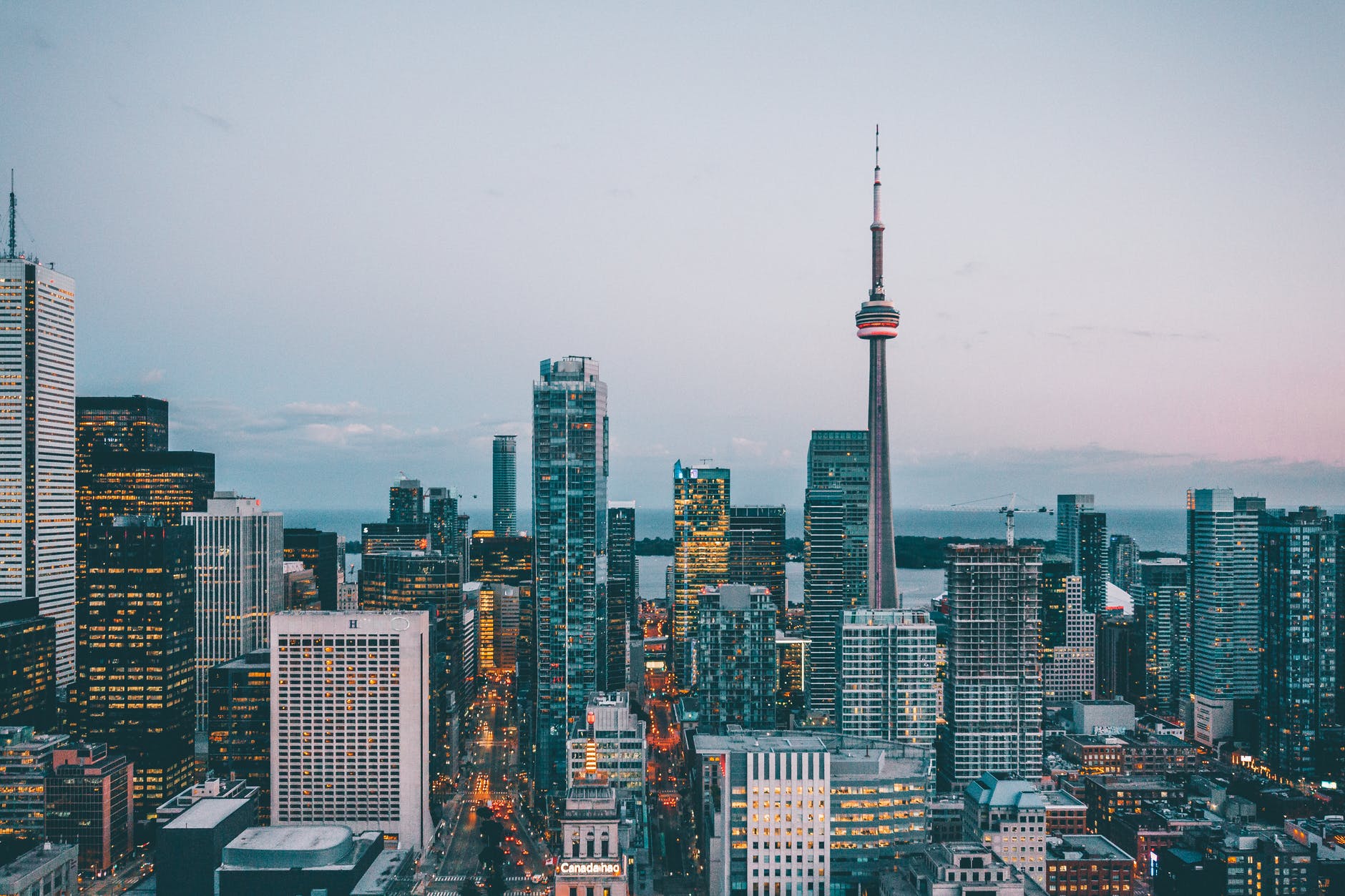Canada Loosens Border Restrictions
July 8, 2021
written on behalf of Feigenbaum Law
Winter may be over, which means it’s too late to escape south for the coldest months of the year, but an announcement that the Canadian government has loosened travel restrictions for travelers entering Canada means that people who share living or working time on both sides of the border may be able to once again resume life as it was before the COVID-19 pandemic. We wanted to take a moment today to share how travel has changed and what it means for both vaccinated and non-vaccinated travelers.
Fully vaccinated travelers can enjoy eased border measures
According to a document issued by the Canadian government, fully vaccinated individuals who are Canadian citizens, permanent residents, or persons registered under the Indian Act as well as foreign nationals eligible to enter Canada and are fully vaccinated (with a vaccine approved for use in Canada) can enter the country and not be required to quarantine or complete a test on their eighth day in the country (referred to as a “day-8 test”). This will come as a relief to those who were hesitant to enter the country with a need to quarantine at home or a hotel.
How to declare vaccination status
Travelers entering Canada will be asked to disclose their COVID-19 vaccination information, including which vaccine they receive as well as the date they received the vaccination. If someone is only partially vaccinated or not vaccinated at all, they will still have to disclose this information.
For those who wish to avoid quarantine, there will be an additional requirement to submit their information into the ArriveCAN app, a step that includes uploading vaccination documentation. Once these conditions are met, fully vaccinated travelers can enter the country without the need to quarantine, stay at a hotel, or take a day-8 test.
Non-essential travel not encouraged
While anyone normally entitled to enter Canada can qualify for looser border measures, the government has stated that even fully-vaccinated foreign nationals cannot enter Canada for discretionary (non-essential) travel. Additionally, the government has asked that people who are able to come and go only do so if it’s necessary, and still encourages no non-essential travel outside of Canada, warning “Even as vaccinations roll out in Canada and around the world, travel continues to present a risk of importing cases of COVID-19 and its variants. Restrictions are changing quickly and may be imposed by countries with little warning. Should you choose to travel outside Canada, your travel plans may be severely disrupted. For example, you may be forced to remain outside of Canada longer than expected. You should not depend on the Government of Canada for assistance related to changes to your travel plans.” Those who aren’t sure if their situation qualifies can refer to this website to find out.
The US and Canadian Immigration systems are full of complex and onerous rules and regulations. Our team’s expertise lies in navigating that complexity. Contact us about making your transition across the border as smooth as possible. We offer services to clients in the US, Canada and around the world. Contact us at mark@feigenbaumlaw.com, or call us at (416) 777-8433 or toll-free at (877) 275-4792 to learn more about how we can help.





